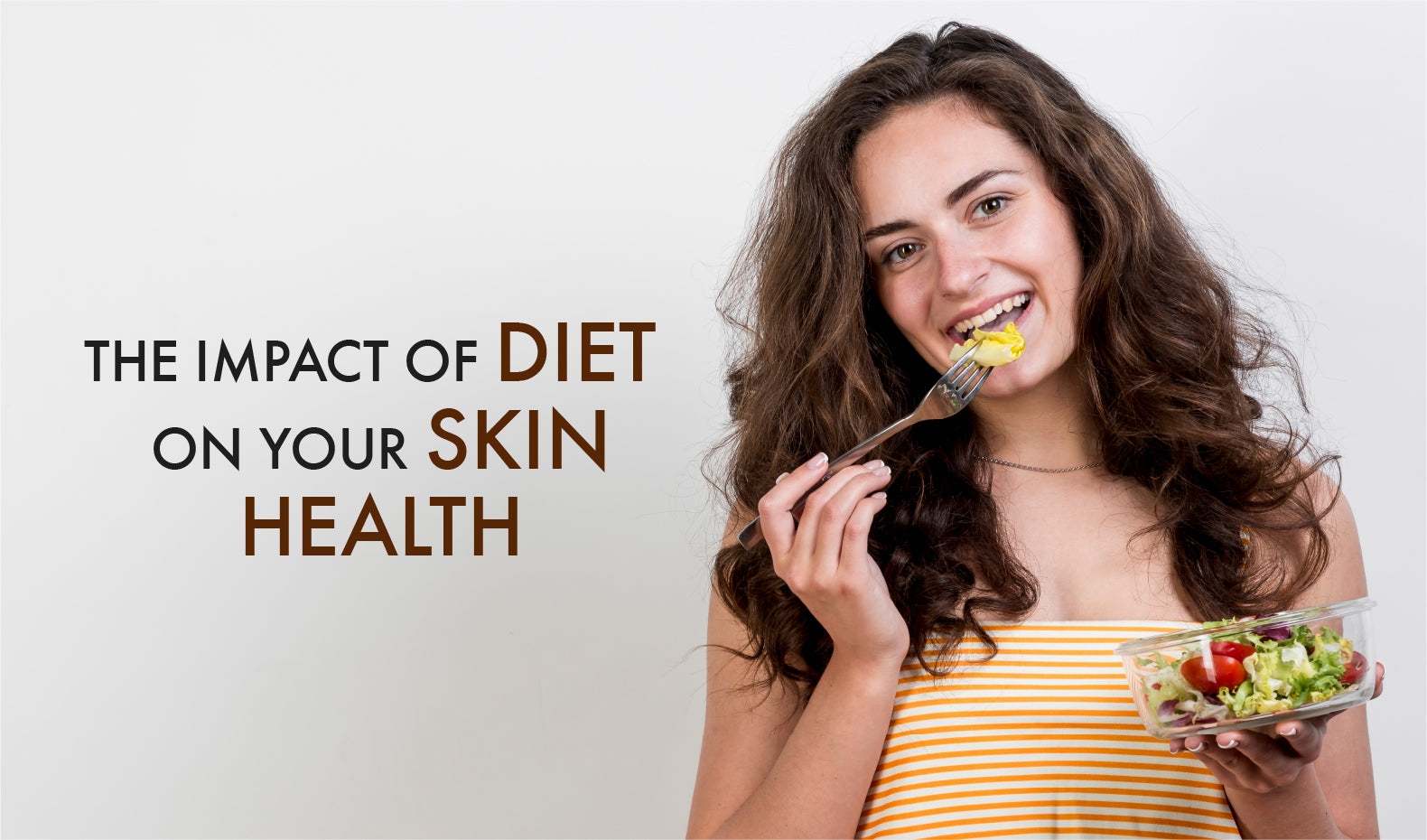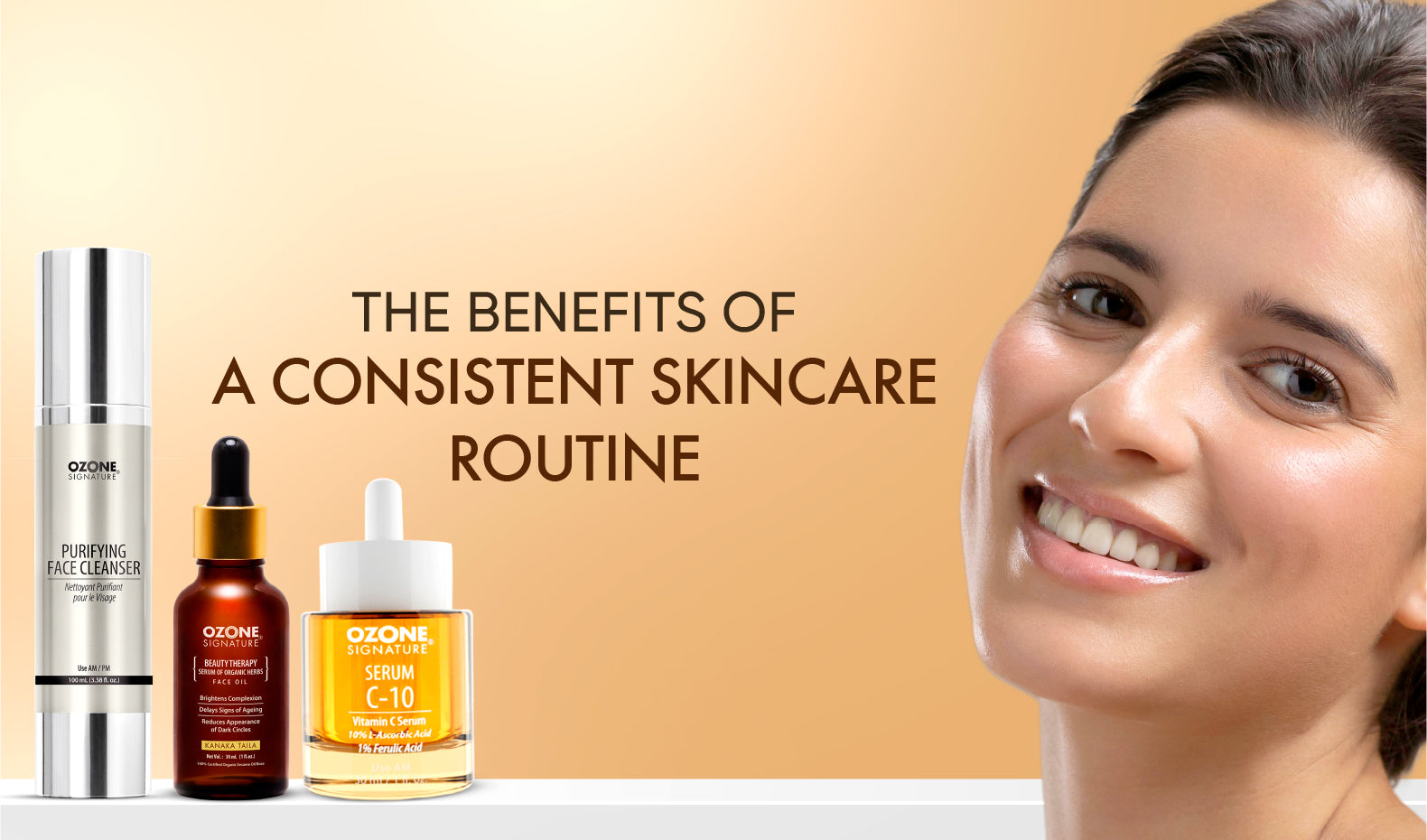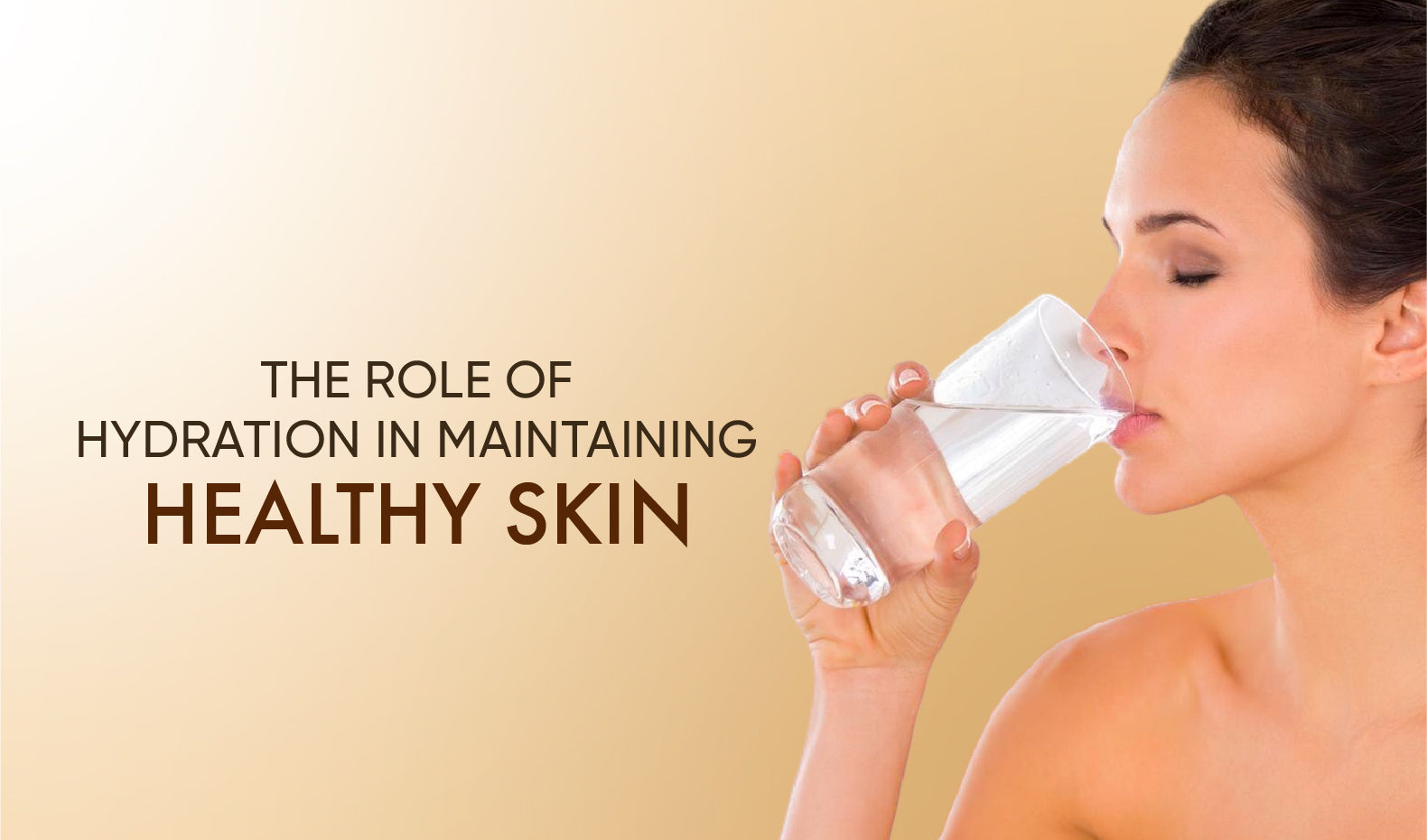The Impact of Diet on Your Skin Health
Your skin is the largest organ of your body, and it’s often the first place that shows signs of aging, stress, and poor health. While genetics, skincare routines, and environmental factors play significant roles in skin health, diet is a crucial, often overlooked element. In this blog, we will explore how various dietary choices impact skin health and provide practical advice on what to eat for a radiant, youthful complexion.
The Connection Between Diet and Skin Health
Nutrient-Rich Foods and Their Benefits
Vitamins and Antioxidants
Vitamins, especially A, C, and E, are essential for skin health. They act as antioxidants, protecting the skin from damage caused by free radicals.
- Vitamin A: Found in foods like sweet potatoes, carrots, and spinach, Vitamin A helps repair skin tissue and maintains skin elasticity.
- Vitamin C: This vitamin is vital for collagen production, which keeps the skin firm. Sources include citrus fruits, strawberries, and bell peppers.
- Vitamin E: Acting as a shield against oxidative damage, Vitamin E is abundant in nuts, seeds, and green leafy vegetables.
Omega-3 Fatty Acids
Omega-3 fatty acids, present in fish, flaxseeds, and walnuts, are known for their anti-inflammatory properties. They help maintain the skin’s lipid barrier, keeping it hydrated and supple.
Zinc
Zinc plays a crucial role in wound healing and inflammation control. Foods rich in zinc, such as lean meats, legumes, and seeds, can help manage acne and other skin conditions.
Hydration and Skin Health
Water is vital for maintaining skin moisture and elasticity. Dehydration can lead to dry, flaky skin, and accentuate wrinkles. Drinking adequate water and consuming water-rich foods like cucumbers, oranges, and watermelon can help keep your skin hydrated.
Foods That Harm Your Skin
Sugar and High-Glycemic Foods
High sugar intake and foods with a high glycemic index can cause spikes in blood sugar levels, leading to inflammation and breakouts. Reducing consumption of sweets, white bread, and sugary beverages can improve skin clarity.
Dairy Products
For some people, dairy products can trigger acne and other skin issues due to hormones present in milk. While the link between dairy and skin health is still debated, those with persistent acne might benefit from reducing dairy intake.
Processed and Fried Foods
Processed and fried foods often contain unhealthy fats and additives that can cause inflammation and oxidative stress, leading to premature aging and acne. Opting for whole, unprocessed foods can have a positive impact on skin health.
Dietary Tips for Glowing Skin
Embrace a Balanced Diet
A balanced diet rich in fruits, vegetables, lean proteins, and healthy fats provides the necessary nutrients for skin health.
- Fruits and Vegetables: Aim for a variety of colors to ensure a range of vitamins and antioxidants.
- Lean Proteins: Include fish, poultry, and plant-based proteins to support skin repair and regeneration.
- Healthy Fats: Incorporate avocados, olive oil, and nuts for their skin-boosting properties.
Consider Supplements
In some cases, supplements can help address specific skin concerns. Omega-3 supplements, collagen peptides, and multivitamins tailored for skin health can complement a healthy diet. However, it’s essential to consult with a healthcare provider before starting any supplement regimen.
Avoid Crash Diets
Crash diets can deprive your body of essential nutrients, leading to dull, unhealthy skin. Focus on sustainable eating habits that support overall health and well-being.
Conclusion
Your diet profoundly impacts your skin health, influencing everything from moisture levels to acne outbreaks and aging. By incorporating nutrient-rich foods, staying hydrated, and avoiding skin-damaging foods, you can promote a healthy, radiant complexion. Remember, healthy skin starts from within, and a balanced diet is one of the most effective ways to achieve and maintain beautiful skin.



